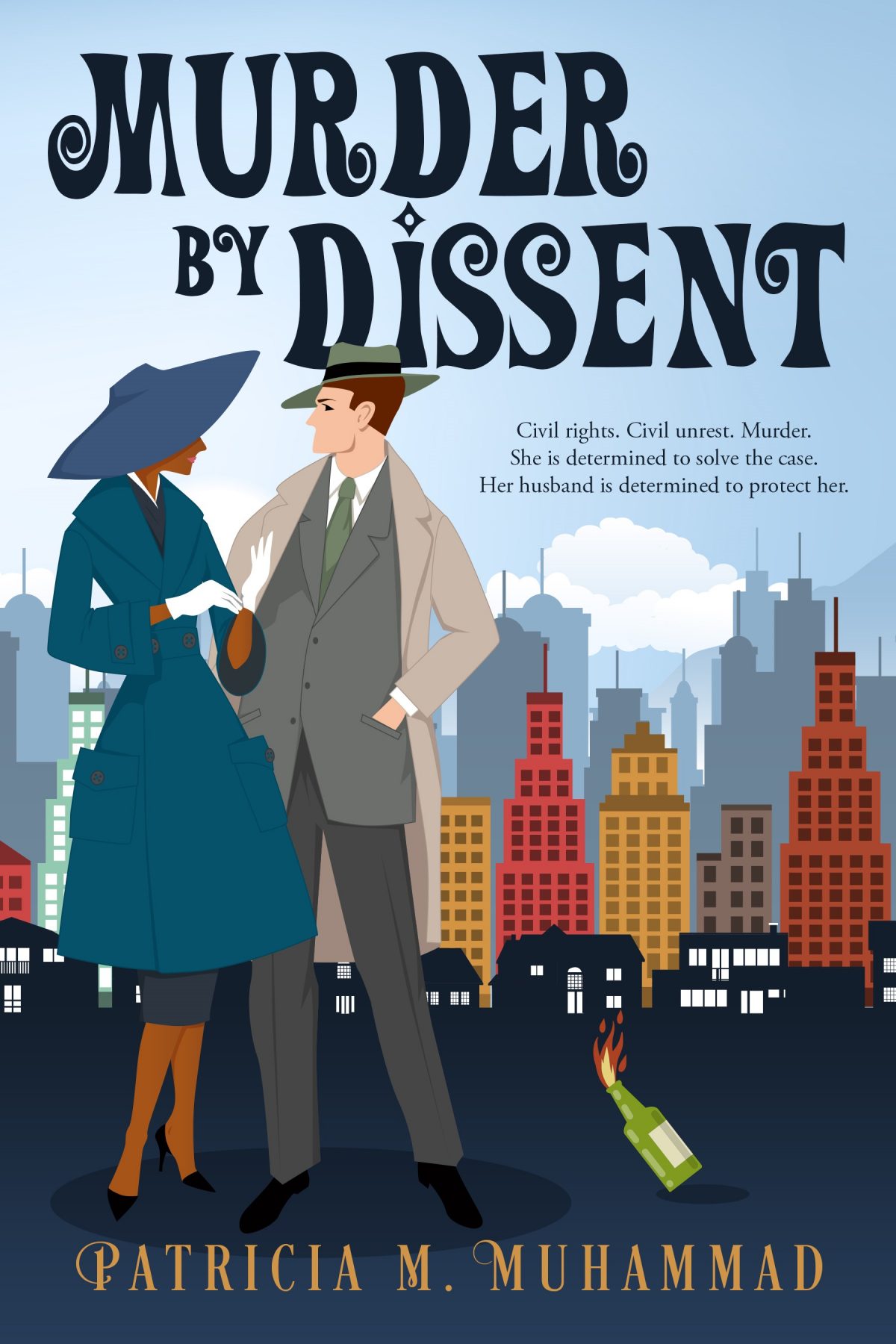Author Interview: Patricia M. Muhammad

About the author:
Patricia M. Muhammad is an American fiction author of crossover contemporary romance/science fiction, science fiction/fantasy, mystery and historical romance genres. She has currently written 20 novels. She is currently working on her next book manuscript. Before penning fiction, Patricia emerged as an international legal history scholar and academic author, focusing on human rights, international law and restorative justice. She has currently written and published a combination of 22 research papers and academic book reviews in these subject areas. Her work has appeared in the American University International Law Review, Columbia Journal of Race and Law, the Willamette Journal of International Law and Public Policy as well as the New York History Journal. Her non-fiction writing has been cited dozens of times in various respectable academic journals.
What inspires you to write romantic fiction?
I actually consider romance fiction the inverse of all my writing, as the sub-genre. Yet in every book I have written, romance is the guiding force of the protagonist and her love interest. It is the strength that they imbue into each other that allows them to confront other worlds defeat their enemies, and live despite the machinations of a select few of a king's court. They may express their affection through their passion, but the characters are the inspiration. The words I write to express these concepts are the breaths which allow for their souls to display their innermost connection for readers to observe and perhaps relate to.
Tell us about how you write.
It varies. Most of the time I write with pen and paper. Lately I have not thought of my book titles until I am almost two-thirds complete the manuscript. I try to see which path and what directions the character(s) take and allow for them to guide me through the plot, the peak of the story and an expected resolution. I have written books where I knew how it would end. For this after writing the beginning of a book, I would jump and write the last two chapters. All else in between, in particular for the Silhouette Lost series, had to be part of the continuum of the introduction and fit within what I already set as the resolution. Just to let aspiring writers know, this takes time. You have become acquainted with yourself, your style and habits. Sometimes it requires editing for clarity, all the while maintaining your literary aesthetic. I think this is something that ideal but I have never heard of anyone perfecting it.
Do you listen to or talk to to your characters?
I listen and observe my characters, taking in their mannerisms, how can I relay humour which could be translated as sarcasm instead. The author is the characters' guide, but it helps to step back and let their personalities, their lives and the conflict they encounter guide you to write their story.
What advice would you give other romance writers?
You write your fictional characters to express human emotions. You have provided an image of who they are as your words are the outline in which readers become acquainted. You, the writer have breathed life into them. This is how you made them real, though they are fictional. You want to feel their pain and their triumphs. You wish for the reader to have hope for those who struggle, the reluctant heroine, the good guy. Romance is a beautiful way to interweave the nature of man and woman as it entails all of those values. If you enjoy the bashful, shy nature of a character, then sweet romance best reflects their personality. Perhaps there was a man and woman who lived their life on the edge, not holding fast to alot of rules–yet their softness manifests only when they interact with one another. Then maybe you can write more sensual scenes that are not of the extreme. Let your characters' voices and personalities help you write their story–and their ending.
How did you decide how to publish your books?
So far, I decided to publish as ebooks. This platform is accessible to any author, but there is a steep learning curve at the beginning, mainly with formatting. I also realize that alot of readers like to binge read and look for promotions, so they carry their library in one form of an electronic device or another.
What do you think about the future of book publishing?
I haven't done much research on book publishing general. I am aware that there have been a couple of mergers between some of the top traditional publishing houses. I have read a few articles in which authors shared their experience of indie/self-publishing and being traditionally published. Alot of them prefer self-publishing. I think ebooks are very popular and will remain so, but I also think the same about paperback books. Perhaps they are each other's balance.
Which romance sub-genere(s) fit your stories best?
sci-fi/fantasy, historical fiction, mystery/detective fiction
My books are available in the following formats:
eBook

 Author Site
Author Site Amazon
Amazon Smashwords
Smashwords GoodReads
GoodReads Twitter
Twitter Pinterest
Pinterest